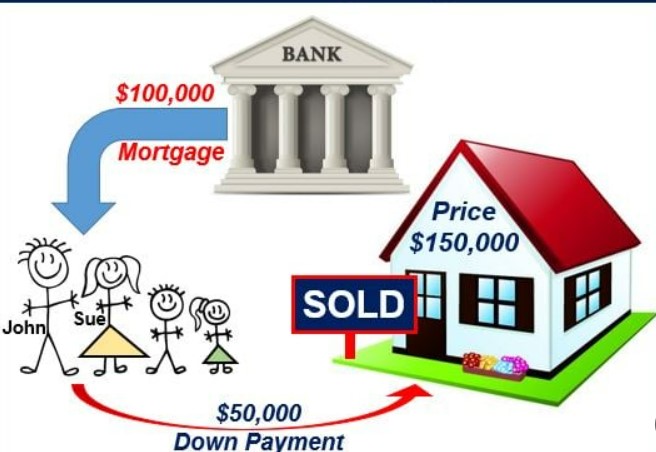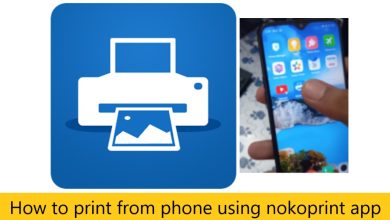what is a mortgage? edoschools.com

What is a Mortgage?
A mortgage is a loan that is used to purchase a property or real estate. It is a legal agreement between a borrower and a lender, where the borrower receives funds to buy a property and agrees to repay the loan over a set period of time, typically with interest.
How Does a Mortgage Work?
When a person wants to buy a house but does not have enough money to pay for it in full, they can apply for a mortgage. The lender, usually a bank or a financial institution, assesses the borrower’s financial situation and creditworthiness to determine if they qualify for a mortgage.
If approved, the borrower will receive the funds necessary to purchase the property. The borrower then makes monthly payments to the lender, which include both the principal amount borrowed and the interest charged on the loan. This repayment process continues over the agreed-upon term until the mortgage is fully paid off.
Types of Mortgages
There are various types of mortgages available, depending on the borrower’s needs and preferences. Some common types include:
- Fixed-rate mortgages: These mortgages have a fixed interest rate for the entire term of the loan, providing stability and predictable monthly payments.
- Adjustable-rate mortgages: Also known as variable-rate mortgages, these loans have an interest rate that can fluctuate over time, usually based on a benchmark index.
- Government-insured mortgages: These mortgages are backed by government agencies such as the Federal Housing Administration (FHA) or the Department of Veterans Affairs (VA), providing additional security to lenders.
- Interest-only mortgages: With this type of mortgage, borrowers only pay the interest on the loan for a certain period, typically the first few years. After that, they start making payments towards the principal.
FAQs
1. What are the requirements for getting a mortgage?
To qualify for a mortgage, lenders typically consider factors such as credit score, income stability, employment history, debt-to-income ratio, and the property’s appraised value.
2. How much down payment is required for a mortgage?
The down payment amount varies depending on the lender and the type of mortgage. It is usually a percentage of the property’s purchase price, with 20% being a common requirement. However, some loans allow for lower down payment options.
3. What is mortgage insurance?
Mortgage insurance is a type of insurance that protects the lender in case the borrower defaults on the loan. It is typically required for borrowers who put down less than 20% as a down payment.
4. Can I pay off my mortgage early?
Yes, it is possible to pay off your mortgage early. However, some mortgages may have prepayment penalties, so it’s important to review your loan terms before making extra payments.
5. What happens if I can’t make my mortgage payments?
If you’re unable to make your mortgage payments, you could potentially face foreclosure, where the lender takes possession of the property. It’s important to communicate with your lender and explore options such as loan modification or refinancing to avoid foreclosure.
Conclusion
In conclusion, a mortgage is a financial tool that allows individuals to purchase properties by borrowing funds from lenders. It is a long-term commitment that involves monthly payments until the loan is fully repaid. Understanding the different types of mortgages and their requirements is crucial for making informed decisions when buying a property.







